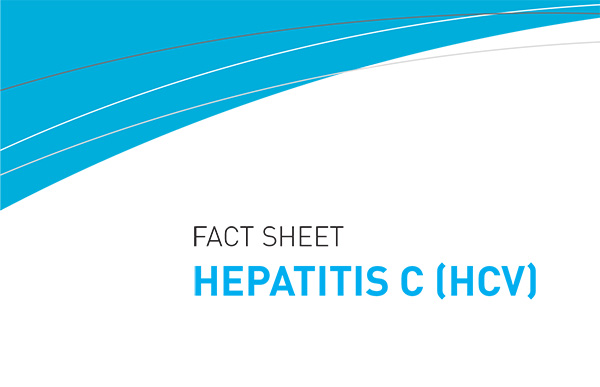Outreach key to preventing spread of hepatitis C among high risk groups
As many as 80,000 British Columbians are infected with hepatitis C, upwards of 70% unaware For the BC Centre for Excellence (BC-CfE) in HIV/AIDS at St. Paul’s, the era of Targeted Disease Elimination is underway. Thanks in large part to work conducted at the BC-CfE, when consistently treated, HIV is now a chronic, manageable disease-not […]
Outreach key to preventing spread of hepatitis C among high risk groups Read More »


